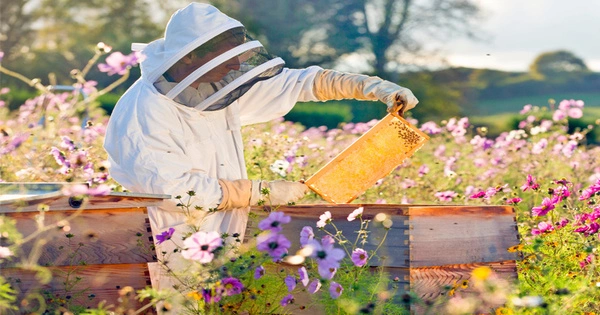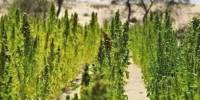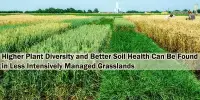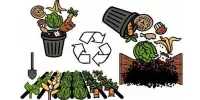Organic beekeeping, also known as organic apiculture, is a beekeeping method that emphasizes the use of natural and sustainable practices to promote honeybee health and well-being. It focuses on creating an environment that encourages natural bee behavior and instincts while avoiding the use of synthetic chemicals and antibiotics that are commonly used in conventional beekeeping. Its goal is to promote beekeeping that is both natural and environmentally friendly.
Here are some fundamental principles and practices of organic beekeeping:
(a) Hive Location and Design: Organic beekeepers place a premium on choosing suitable hive locations that provide plenty of forage and easy access to clean water sources. They also emphasize the use of hive designs that closely resemble bees’ natural habitat, such as top-bar hives or horizontal hives.
(b) Organic Bee Stock: Organic beekeepers strive to use organic bee stock, which means the bees themselves come from colonies managed without synthetic chemicals. This helps maintain a healthy and resilient bee population.
(c) Bee Forage and Nutrition: Organic beekeepers promote the availability of diverse and pesticide-free forage for bees. They may plant native flowering plants, maintain organic gardens, or work with local farmers to ensure the availability of pesticide-free sources of pollen and nectar.
(d) Pest and Disease Management: Organic beekeepers prioritize preventive measures to manage pests and diseases rather than relying on chemical treatments. They focus on maintaining strong and healthy colonies through proper nutrition, good hive management, and selecting disease-resistant bee stock. Integrated Pest Management (IPM) techniques, such as monitoring and trapping, are employed to minimize the impact of pests and diseases.
(e) Hive Management: Organic beekeepers use management techniques that minimize stress on bees. This includes avoiding unnecessary hive manipulations, such as frequent hive inspections, and providing adequate ventilation and space for the bees.
(f) Honey Harvesting: Organic beekeepers follow strict guidelines when it comes to honey harvesting. They refrain from using synthetic chemicals or antibiotics during the honey production process. Organic certification programs often have specific requirements for honey extraction and processing.
(g) Certification and Standards: Various organic certification programs exist worldwide that provide guidelines and standards for organic beekeeping. These programs ensure that beekeepers adhere to specific criteria for organic practices, including hive management, pest control, and honey production.
It’s important to note that organic beekeeping is a holistic approach that prioritizes the overall health of the bees and the ecosystem they inhabit. By promoting sustainable and natural practices, organic beekeepers play a vital role in conserving bee populations and supporting pollinator health.
















